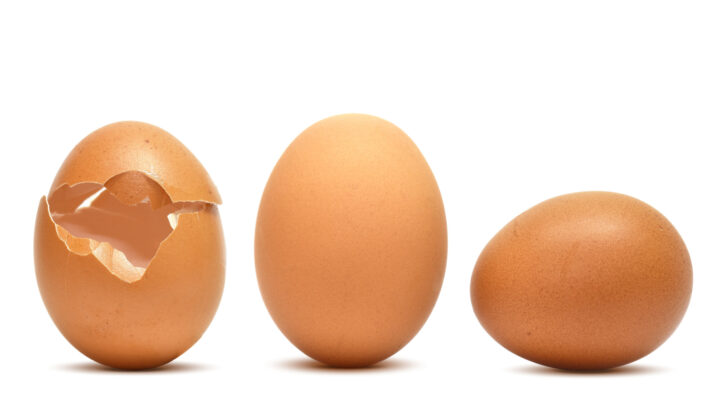Poached, scrambled fried or boiled, the humble egg has gotten a bad rap over the years. Humans have been eating bird eggs since prehistory but in the 1960s, the American Medical Association advised us to restrict our egg consumption, believing their high cholesterol content played a role in cardiovascular disease (CVD).
As a food source, eggs are unique as they’re rich in dietary cholesterol but low in saturated fat. Eggs are incredibly nutrient dense and can help our bodies absorb more vitamins and recently, several observational studies have reported that egg consumption does not increase CVD risk.
Now, scientists have shown that it’s the saturated fat in our diets and not dietary cholesterol in eggs that’s the real issue for heart health. In a world-first study, researchers from the University of South Australia (UniSA) examined the independent effects of dietary cholesterol and saturated fat on Low-density Lipoprotein (LDL) cholesterol.
Lead researcher, UniSA’s Professor Jon Buckley, said the research team separated the effects of cholesterol and saturated fat, and found that high dietary cholesterol from eggs, when eaten as part of a low saturated fat diet, did not raise bad cholesterol levels.

